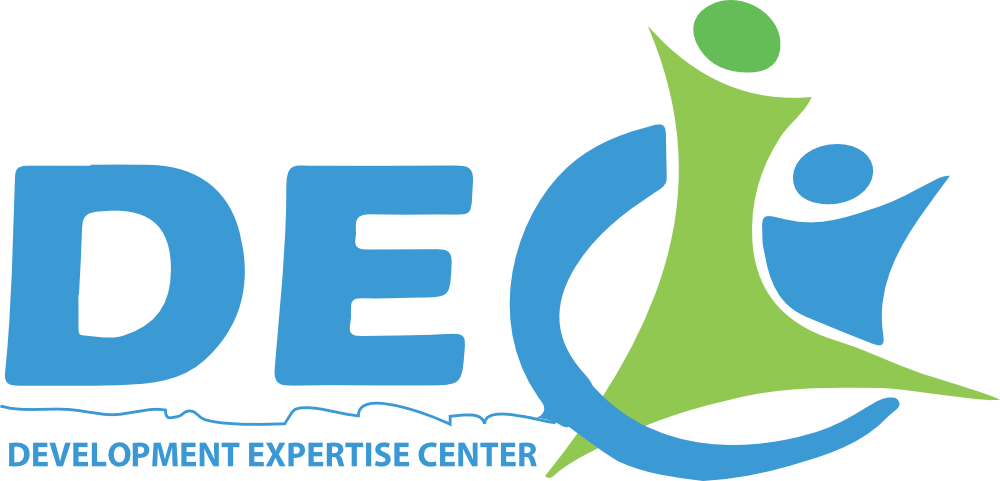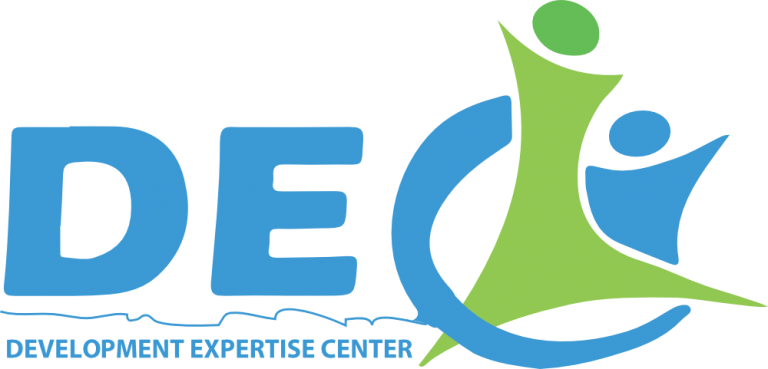Employable Skills Development Program Tools and Approaches
01
7-step Tool
is a tested method for creating enduring connections between the labor market, TVETs, and training facilities. To overcome the imbalance between training providers and labor market needs, 7-Stepstool was created as a tool to combat young unemployment in Ethiopia. Knowing the business potential and labor market needs in your area is a good place to start. The next seven steps establish a solid connection between the training facility and the local labor market, after which trainers are given the education, training, and attitude that employers demand. 7-Steps provides helpful advice on how to assess local demand and solve labor market shortages. By developing a system that balances the supply and demand for skills A methodical shift is offered via 7-Steps.
02
Active Teaching and Learning Methodologies /ATLM
This method is used as a guide for those who teach TVET trainers, namely the TVET trainers themselves. TVET instructors are receiving training on approaches to improve Active Teaching and Learning as a part of this. It offers the framework, theoretical context, activities, and resources required for them to impart the multi-day TVET trainers in a participative manner. A memory stick with materials is included. In this course, TVET trainers are introduced to active teaching and learning approaches and the benefits of active learning for students.
03
Life skills
The life skills module provides trainees with a much broader education and skill development that can serve them beyond the sectors of technical training or other sectors that we are training them for. It helps them develop competencies (knowledge, skills, and attitude) required by this specific occupation or a group of occupations, through the below-diversified modules to prepare students for the world of work. These modules equip the young to be competent and self-reliant citizens to contribute to the economic and social development of the country, thus improving the livelihoods of all Ethiopians and sustainably reducing poverty.
04
Work-Based Learning
this tool helps TVET programs to learn in the work-base. The majority of TVET programs are underfunded and overly theoretical, and there is still a significant skills deficit. Young people experience unusually high rates of unemployment, but businesses frequently struggle to fill positions with qualified employees. Businesses frequently struggle to hire qualified employees at the same time. Apprenticeships are now being included in vocational training as part of Quality Learning at the Workplace, often known as “work-based learning” (WBL). By implementing “Quality Learning at Workplace,” we can help young people become more employable through apprenticeships and placements and assist businesses in hiring young people who have the necessary skills for the position. The Quality Learning at Work program can be implemented in the private sector as a standalone program as well as in conjunction with TVETs and training providers.
05
Vision Development
This tool will assist in successfully promoting the vision development skills of the trainees; these are skills that are required to motivate and develop the relevant skills that contribute to achieving their desired vision, goals, and plans. The skills include both social skills, emotional skills, and business skills; the skills are focused on an understanding of one’s self, interest, attitude, motivation, and readiness for their future vision. Because these vision development skills are essential for employability (self-employment and wage employment) and preparing for future goals, the trainees must optimize these skills during their vocational training. Vision development skills have developmental and future future-oriented and aim to enhance the capacity of trainees to set their desired visions, goals, and plans. This vision development tool covers numerous sessions to equip the trainees with the required competencies such as Self Awareness, Importance of Attitude, Vision, Goals, and Plans, Success, Self-Esteem, Building Interpersonal skills motivation, Innovation and Creativity, Time management, Concepts of entrepreneurship and Evaluation of the module.
06
Youth Friendly Service
This is a package of services where the youth will accessible to available services including youth-friendly health services, financial services, Work readiness and emperorships, employable skills services, and others
07
Capacity development
investing in the capacity of the youth, the training institutions, and potential employers. The capacity development includes coaching the stakeholders who will pass through the capacity development sessions.

